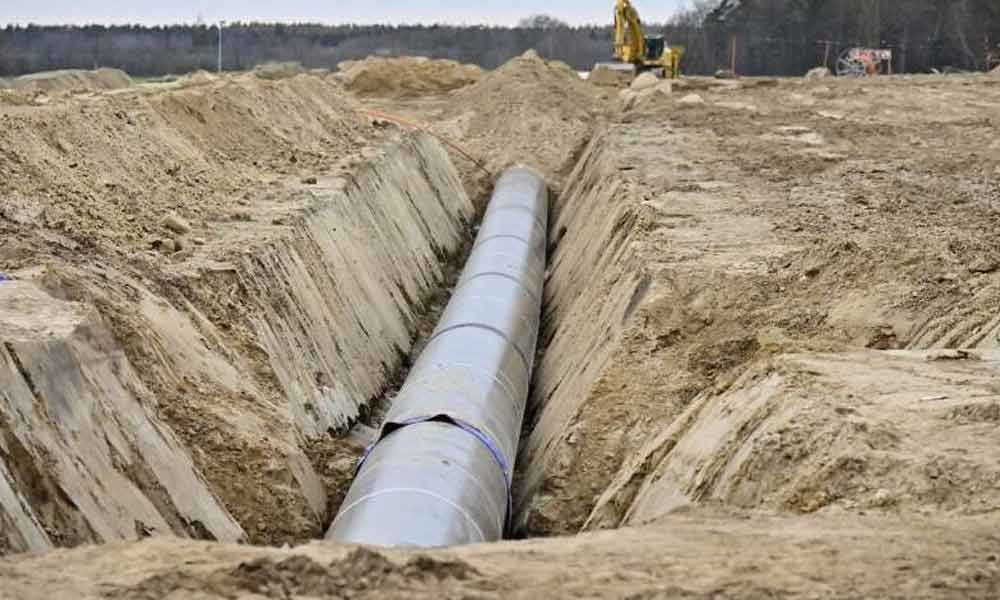North America driving global oil and gas pipeline 'boom'

The global pace of new oil and gas pipeline construction has tripled in less than two decades, a multi-billion-dollar boom in infrastructure that experts warned Thursday could torpedo hopes for limiting global warming.
Paris: The global pace of new oil and gas pipeline construction has tripled in less than two decades, a multi-billion-dollar boom in infrastructure that experts warned Thursday could torpedo hopes for limiting global warming.
In the first worldwide survey of its kind, the Global Fossil Infrastructure Tracker identified a potential investor bubble ready to burst as renewable energy prices plummet and climate regulations begin to bite. It paints a picture of fossil fuel companies rushing to complete projects in order to lock countries and investors into oil and gas use for decades, even as calls for drastic cuts to greenhouse gas emissions grow louder.
"Everyone knows there's a drilling boom in North America -- but they don't look at the infrastructure," said Ted Nace, executive director of Global Energy Monitor, a network of fossil fuel industry trackers. "When you drill a well you have it for a year or two, but building infrastructure is building things that are going to be around for 40 or 50 years," he said. The analysis -- which used open-source data to map hundreds of new delivery plans around the world -- found that fully a third of more than 180,000 kilometres (110,000 miles) of oil and gas pipelines in development were in North America.
By the metric of overall number of projects, 51.5 percent were planned for the continent. The accelerated rate of new pipeline construction echoes the recent US coal-mining crash, which saw investors left on the hook after American coal prices cratered due to a rapid increase in the domestic production of coal in China, once a major client. Nace said that the changing costs of energy production should make investors think twice before putting their money in fossil fuel infrastructure.
"The idea is you will pick up natural gas and oil in America, ship it across the sea and they will (in Asia) be using that in their power plants instead of their own coal and instead of their renewables," he said. "That's where it gets a little questionable. Those economics are changing really quickly." Pipeline construction has tripled since 1996, with natural gas outnumbering oil projects four-to-one, the survey found. Investment in current and future infrastructure in the United States and Canada totalled close to USD 1 trillion. In October, the United Nation's expert panel on climate change said drastic cuts in fossil fuels -- including an 87-percent fall in oil by 2050 in at least two scenarios -- are needed to hit the Paris climate deal goals.
That accord enjoins nations to limit global temperature rises to well-under two degrees Celsius (3.6 Fahrenheit) -- a target in serious jeopardy as emissions continue to rise amid soaring energy demand. Thursday's report spoke of a "perfect storm" for oil and gas investors as legislation, shifting public opinion, energy prices, and pressure on public subsidies all play on the mind of investors. This week, a report by the watchdog Global Witness found that oil and gas majors were gearing up to invest USD 4.9 trillion in new field exploration -- plans it said were "poles apart" from the Paris goals.
Nace noted that many pipeline projects were in the planning stage, and could be delayed or mothballed if political opinions shift, for example in the 2020 US presidential election. "Most of this is still up for grabs. It's not locked in," he said. "You can't go out and stop 600,000 wells from being drilled, but civil society has been extremely effective in stopping infrastructure. "Oil and gas is now becoming a successful campaigning issue so there's a lot of opportunities for this story to be rewritten."















